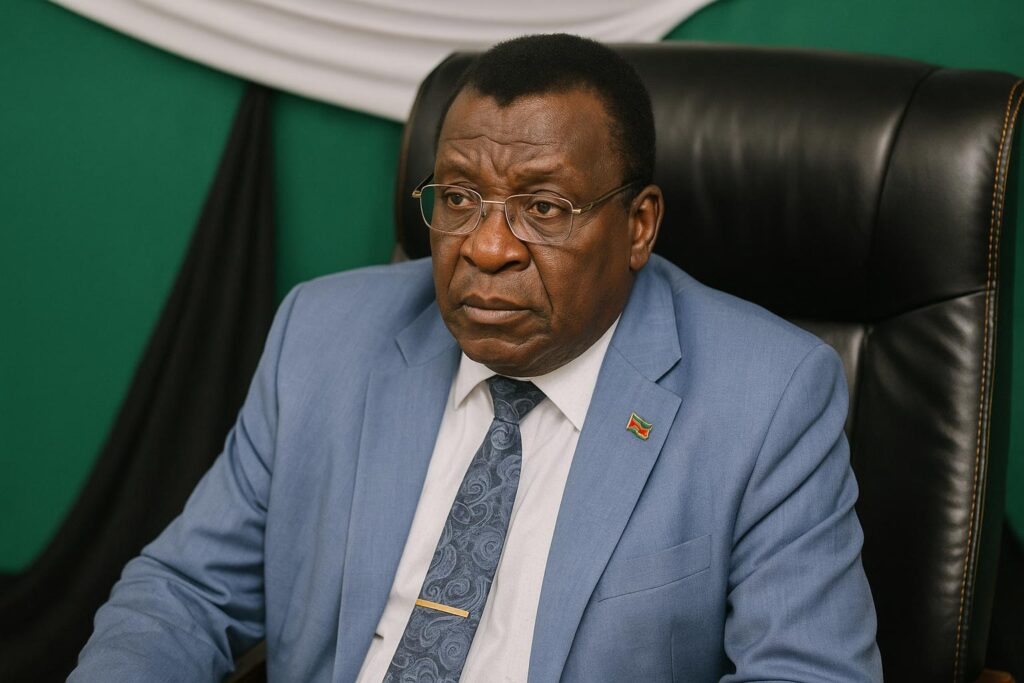Security Committee Zeroes In On Public Land
Central Equatoria’s Security Committee met in Munuki Block this week to address mounting concerns over illegal occupation of public land across Juba and surrounding counties.
Governor Rabi Mujung Emmanuel, chairing the session, signalled a decisive shift, stating his government ‘will reclaim every space intended for schools, parks, and cemeteries’ (governor’s press unit).
Reports Demanded From Local Leaders
Local Government Minister Leon Abe Brown confirmed commissioners and the Juba mayor must deliver detailed maps of grabbed plots, especially burial grounds converted into housing, to guide imminent enforcement.
Abe said investigators will identify ‘who lives there and why’ before demolitions or relocations are considered, emphasising community dialogue alongside security measures.
Market Associations Under Scrutiny
The committee also reviewed market unions such as the Bodaboda Association, amid allegations they overlap local government duties and complicate revenue collection.
Officials hinted at regulatory reforms to clarify roles, urging riders and traders to cooperate with law-enforcement teams deployed to restore order in congested streets.
Years Of Unfulfilled Promises
Successive administrations have pledged action since at least 2022, when Youth and Sports Minister Dr. Albino Bol Dhieu vowed to recover seized playgrounds from even senior officials.
Similar committees launched by former Governor Emmanuel Adil and ex-Mayor Michael Lado Allah-Jabu stalled after sporadic demolitions, feeding public scepticism about political resolve.
What Comes Next For Juba Spaces
Governor Mujung’s directive indicates a timeline for forceful recovery could emerge once site reports reach his desk, possibly marking a departure from rhetoric toward sustained enforcement.
Civil society groups cautiously welcome the stance, yet urge transparent procedures and fair compensation should lawful occupants be affected, seeking to balance urban order with social stability.


